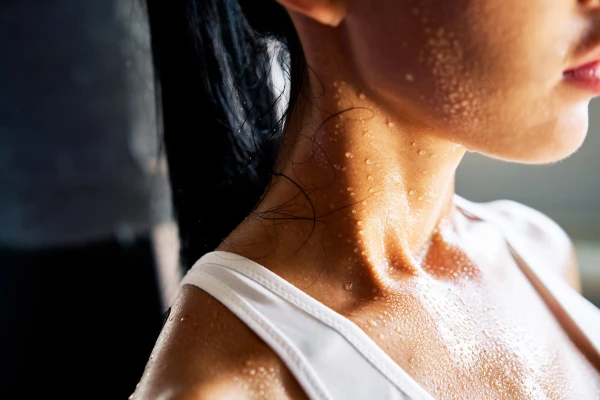
We tend to perceive sweat as an inconvenience — it is masked, wiped away, and fought against with deodorants. In reality, sweating is one of the smartest mechanisms of the body. It does much more than just cool the body during heat or workouts.
Temperature Control
When we are hot or actively moving, the body activates its built-in "air conditioner." 2–5 million sweat glands release a salty fluid that evaporates and cools the skin.
Eccrine sweat is produced from the water component of blood and is odorless — it is necessary for maintaining body temperature. Apocrine sweat, released in the armpits after puberty, is associated with pheromones and emotions.
Heart Training
A sauna is not just a luxury but also "fitness for the vessels." Regular sweating helps the heart work more actively, speeds up circulation, dilates blood vessels, and lowers blood pressure. Additionally, endorphins — the happiness hormones — are released.
Endorphin Surge
Heat and sweat activate the production of endorphins, creating the effect of "happy sweat." The smell of sweat from happy people can influence the mood of those around them, causing smiles and lifting spirits.
Sweat as a Measure of Endurance
Trained athletes sweat faster and more intensely — this is not weakness but an adaptation of the body to exertion. Sweat helps cool the body effectively and conserve energy for activity.
Natural Skin Hydration
Sweat contains microdoses of urea, which retains moisture in the epidermis. The evaporation of sweat improves microcirculation, making the skin radiant and firm. However, it is important to take a shower after exercise to avoid the proliferation of bacteria and breakouts.
Sweat Helps Fight Acne
Sweat contains the peptide dermcidin and salts, which have antibacterial properties and a mild exfoliating effect. The main thing is to cleanse the skin after workouts.
Natural Antiseptic
Sweat glands release antimicrobial peptides that strengthen the skin's immune barrier and reduce the risk of local infections.
Sweat and Kidneys
Sweating helps eliminate excess salts and calcium, reducing the risk of kidney stones. The key is to drink enough water to maintain balance.
Detox and the Lymphatic System
Sweat supports the lymphatic system, prevents fluid stagnation and swelling, contributing to a feeling of lightness.
When to See a Doctor
If sweating occurs without exertion, even in cool conditions, or interferes with daily life, it may be hyperhidrosis. Excessive sweating is sometimes associated with diabetes, thyroid problems, or nervous system issues. In such cases, a consultation with a dermatologist or endocrinologist is recommended.
Sweating is not discomfort but a powerful self-regulation tool: it cleanses, heals, hydrates, strengthens the heart, and improves mood.
Source: tsn.ua

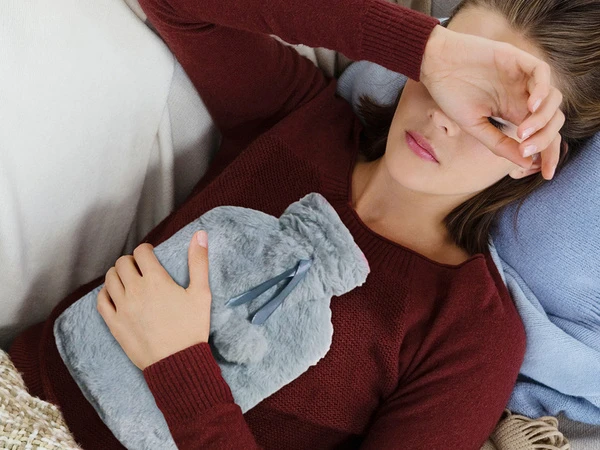

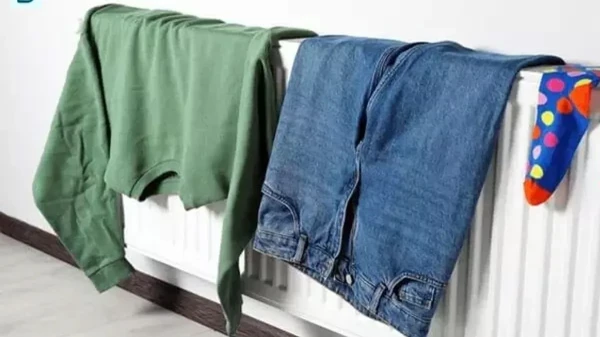

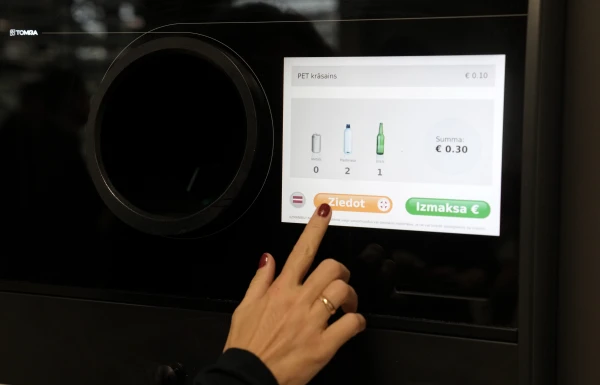




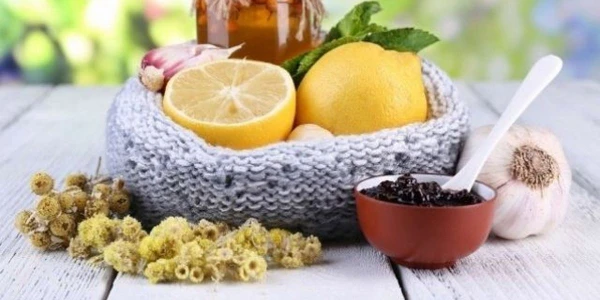
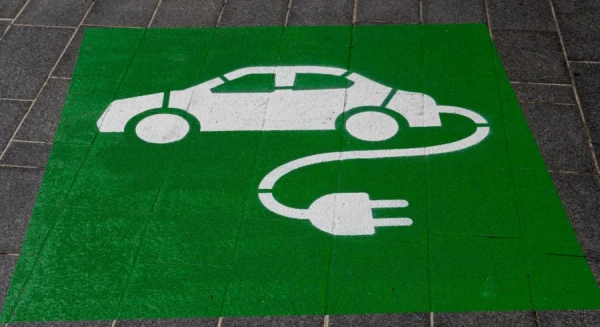


Leave a comment